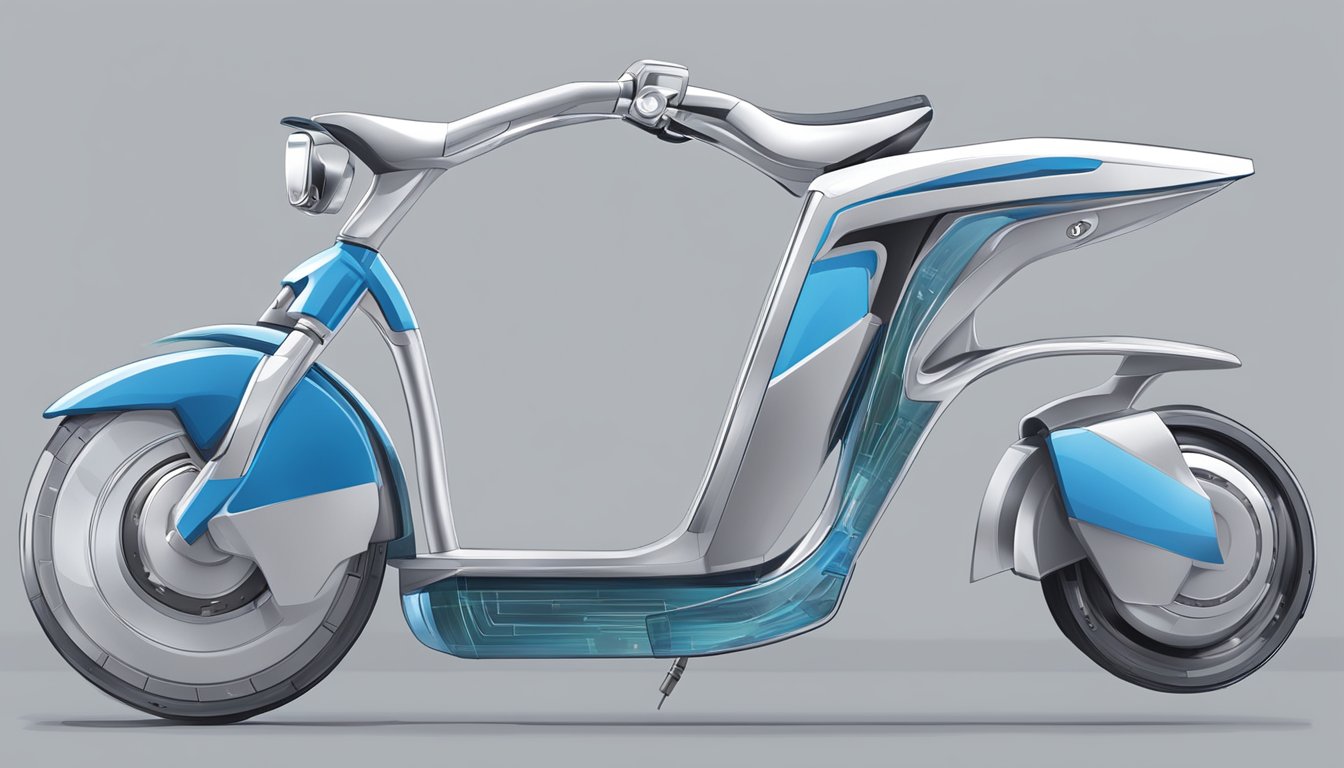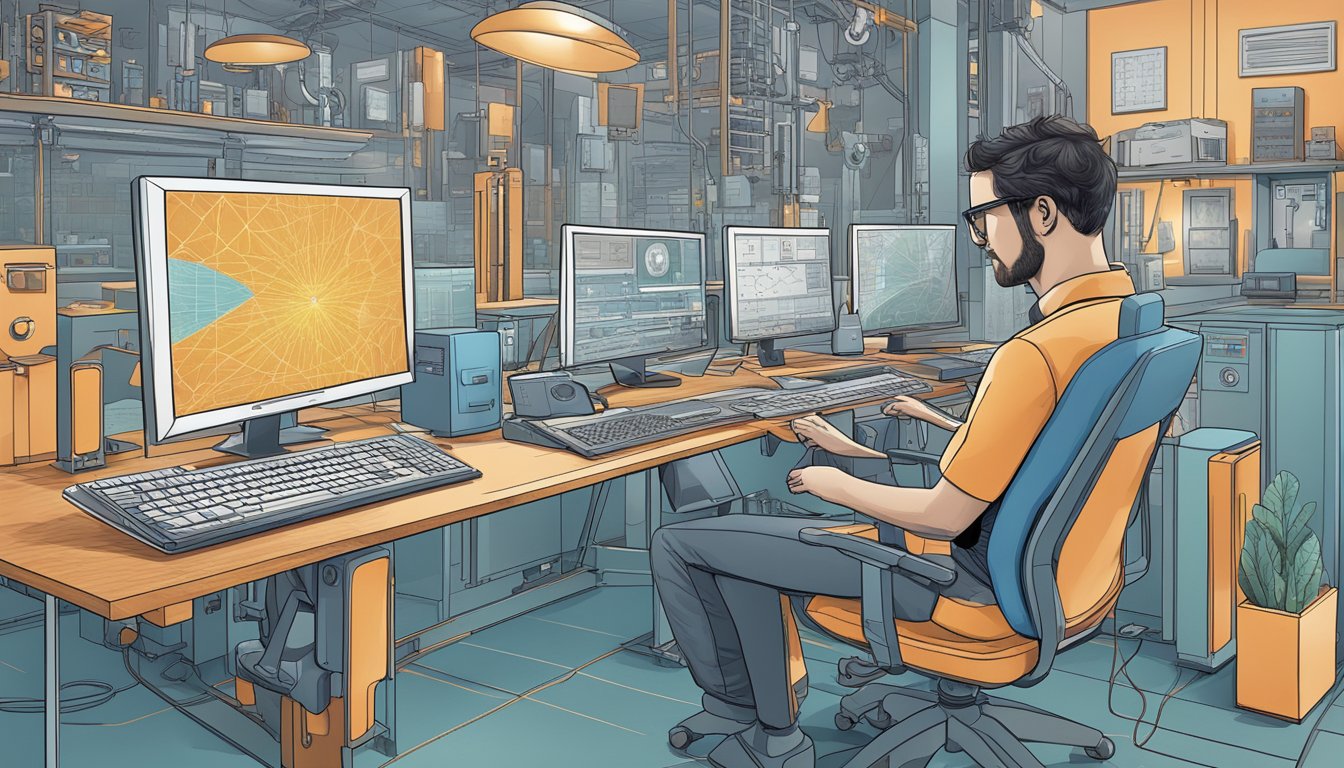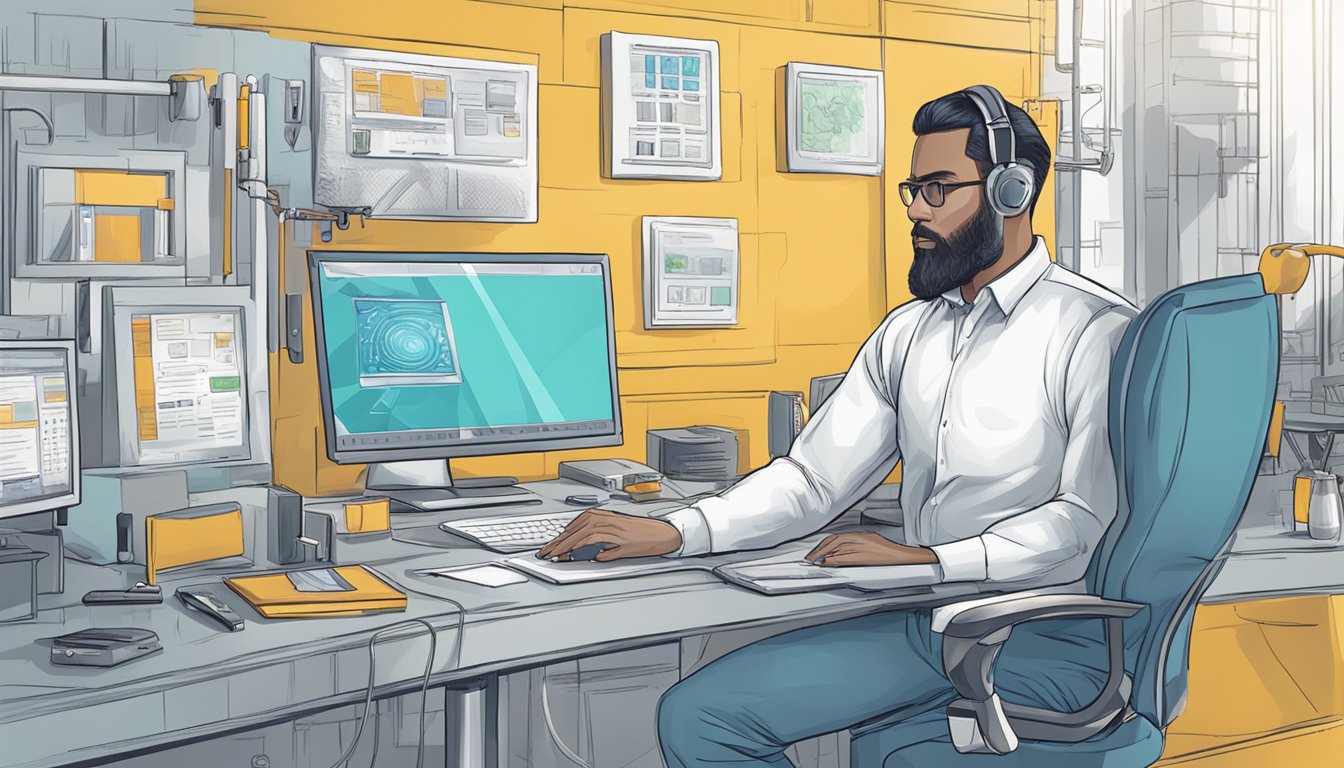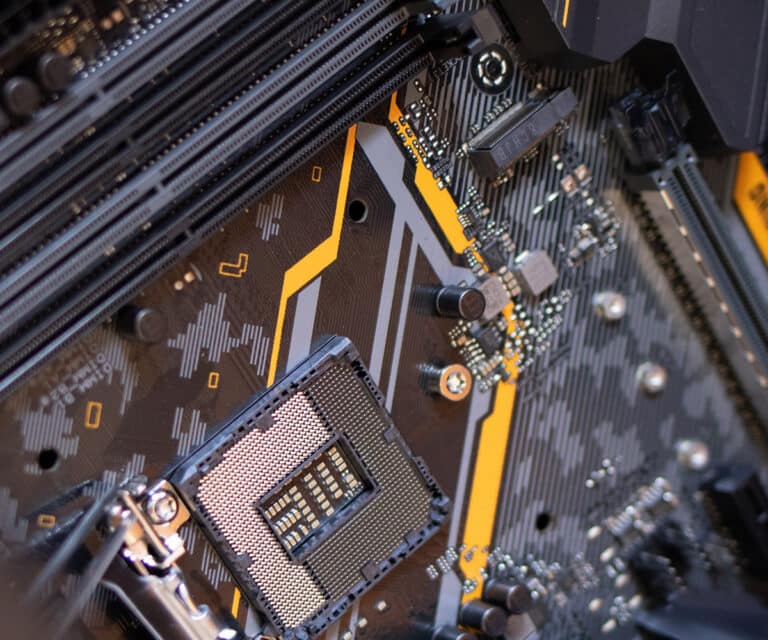Cutting-edge niche tech is a rapidly growing field that encompasses a wide range of innovative technologies. From artificial intelligence to blockchain, these emerging technologies are transforming the way we live and work. As experts in the field, we have been closely monitoring these developments and are excited to share our insights with you.
One of the most exciting areas of cutting-edge niche tech is artificial intelligence (AI). With the ability to learn and adapt on its own, AI has the potential to revolutionize a wide range of industries, from healthcare to finance. As AI continues to evolve, we are seeing new applications emerge every day, and we believe that this technology will play an increasingly important role in our lives in the years to come.
Another area of cutting-edge niche tech that we are closely following is blockchain. This distributed ledger technology has the potential to transform a wide range of industries, from finance to logistics. By creating a secure, transparent, and decentralized way of storing and sharing data, blockchain is poised to disrupt traditional business models and create new opportunities for innovation and growth. As blockchain continues to gain momentum, we believe that it will play a key role in shaping the future of our economy.
The Future of Technology

As technology advances at an unprecedented pace, we are witnessing cutting-edge niche tech that is changing our lives in ways we never thought possible. In this section, we will explore some of the most exciting developments that are shaping the future of technology.
Artificial Intelligence and Machine Learning
Artificial intelligence (AI) and machine learning (ML) are transforming the way we interact with technology. From natural language processing to predictive analytics, AI and ML are enabling us to automate complex tasks and make better decisions. As AI technology continues to evolve, we can expect to see more sophisticated applications that will revolutionize industries such as healthcare, finance, and manufacturing.
Internet of Things and Edge Computing
The Internet of Things (IoT) is the network of physical devices, vehicles, and other items embedded with electronics, software, sensors, and network connectivity that enables these objects to collect and exchange data. Edge computing is a distributed computing paradigm that brings computation and data storage closer to the location where it is needed to improve response times and save bandwidth. Together, IoT and edge computing are enabling us to create smart cities, autonomous vehicles, and more.
Augmented and Virtual Reality
Augmented reality (AR) and virtual reality (VR) are transforming the way we experience the world around us. AR overlays digital information on top of the real world, while VR immerses us in a completely virtual environment. These technologies are being used in fields such as education, entertainment, and healthcare to create new and innovative experiences.
Quantum Computing
Quantum computing is a new type of computing that uses quantum mechanics to perform operations on data. It has the potential to solve problems that are currently impossible for classical computers to solve. As quantum computers become more powerful, we can expect to see breakthroughs in fields such as cryptography, drug discovery, and materials science.
In conclusion, the future of technology is bright, with state-of-the-art technology, progress, and advancements being made in emerging technologies such as AI, ML, IoT, edge computing, AR, VR, and quantum computing. We are excited to see what the future holds and how these technologies will continue to shape our world.
Applications Across Industries
There are numerous applications of cutting-edge niche technology across various industries. Here, we will discuss some of the most prominent ones.
Healthcare Technology
In the healthcare industry, niche technology has revolutionized the way we diagnose, treat, and prevent diseases. From wearable health monitors to AI-powered diagnostic tools, technology is transforming healthcare. For instance, some of the most notable applications of niche technology in healthcare include:
- Telemedicine: Telemedicine has enabled doctors to remotely diagnose and treat patients, especially in remote areas where access to healthcare is limited.
- Robot-assisted surgery: Robotic systems are used to perform minimally invasive surgeries with greater precision and accuracy, reducing the risk of complications and speeding up recovery times.
- Artificial intelligence: AI-powered diagnostic tools can analyze large amounts of data to detect diseases and develop personalized treatment plans.
Manufacturing and Automation
Manufacturing and automation are two industries that have greatly benefited from niche technology. With the help of technology, manufacturers can produce goods more efficiently and with greater precision. Some of the most notable applications of niche technology in manufacturing and automation include:
- Robotics: Robots are used to perform repetitive tasks, reducing the need for human labor and increasing productivity.
- 3D printing: 3D printing has revolutionized the manufacturing industry by enabling manufacturers to produce complex parts and prototypes quickly and cost-effectively.
- Internet of Things (IoT): IoT devices are used to monitor and control manufacturing processes, reducing downtime and increasing efficiency.
Entertainment and Gaming
The entertainment and gaming industries have also been transformed by niche technology. From virtual reality to augmented reality, technology has enabled us to experience entertainment in new and exciting ways. Some of the most notable applications of niche technology in entertainment and gaming include:
- Virtual reality: Virtual reality technology allows users to experience immersive environments and interact with digital content in new and exciting ways.
- Augmented reality: Augmented reality technology overlays digital content onto the real world, creating new opportunities for entertainment and gaming.
- Artificial intelligence: AI-powered gaming systems can adapt to players’ behavior and preferences, creating personalized gaming experiences.
Education and Training
Education and training are two industries that have greatly benefited from niche technology. With the help of technology, educators can create engaging and interactive learning experiences for students. Some of the most notable applications of niche technology in education and training include:
- Virtual classrooms: Virtual classrooms enable students to attend classes remotely, increasing access to education.
- Gamification: Gamification techniques are used to make learning more engaging and interactive, increasing student motivation and retention.
- Artificial intelligence: AI-powered educational tools can analyze student data to identify areas of weakness and provide personalized learning plans.
Finance and Cryptocurrency
The finance industry has greatly benefited from niche technology, with the rise of cryptocurrency being one of the most notable examples. Some of the most notable applications of niche technology in finance and cryptocurrency include:
- Blockchain: Blockchain technology enables secure and transparent transactions, reducing the risk of fraud and increasing efficiency.
- Cryptocurrency: Cryptocurrencies like Bitcoin and Ethereum have revolutionized the way we think about money, enabling fast and secure transactions without the need for intermediaries.
- Artificial intelligence: AI-powered financial tools can analyze large amounts of data to identify trends and make predictions, enabling better investment decisions.
Transportation and Logistics
The transportation and logistics industry has also been transformed by niche technology. From autonomous vehicles to predictive maintenance, technology has enabled us to move goods and people more efficiently. Some of the most notable applications of niche technology in transportation and logistics include:
- Autonomous vehicles: Autonomous vehicles are being developed to reduce the need for human drivers, increasing safety and efficiency.
- Predictive maintenance: Predictive maintenance techniques are used to identify potential issues before they occur, reducing downtime and increasing efficiency.
- Internet of Things (IoT): IoT devices are used to monitor and optimize transportation and logistics processes, reducing costs and increasing efficiency.
In conclusion, cutting-edge niche technology has numerous applications across various industries. From healthcare to entertainment, technology is transforming the way we live and work.
Security and Data Privacy
At the forefront of niche tech, security, and data privacy are crucial concerns that we take very seriously. As technology advances, so do the risks and threats to our data and online privacy. That’s why we have implemented cutting-edge security measures to safeguard our users’ data and privacy.
Cybersecurity
We understand that cybersecurity is an ever-evolving field, which is why we are constantly updating our security protocols to stay ahead of the latest threats and vulnerabilities. Our team of cybersecurity experts works tirelessly to identify and mitigate potential risks, ensuring that our user’s data is always secure.
To further enhance our cybersecurity measures, we have implemented multi-factor authentication, encryption, and regular security audits. We also conduct regular training sessions for our employees to ensure that everyone is aware of the latest security threats and best practices.
Data Storage and Scalability
Data storage and scalability are also critical components of our niche tech platform. We understand that our users’ data is valuable and needs to be stored securely and efficiently. That’s why we have implemented a robust data storage system that ensures the integrity and confidentiality of our users’ data.
Our data storage system is designed to be scalable, allowing us to handle large amounts of data without compromising performance or security. We also use advanced data backup and disaster recovery systems to ensure that our user’s data is always safe and accessible.
In conclusion, we take security and data privacy very seriously and have implemented cutting-edge measures to safeguard our users’ data. Our cybersecurity experts and data storage systems work together to ensure that our platform is secure, scalable, and reliable.
Impacts of Cutting-Edge Technologies

Cutting-edge technologies have revolutionized the way we live and work. From artificial intelligence to blockchain, these technologies have impacted various aspects of our daily lives. In this section, we will explore the impacts of cutting-edge technologies on productivity, climate and renewable energy, remote work, and pandemic response.
Productivity and Efficiency
Cutting-edge technologies have significantly improved productivity and efficiency in various industries. For instance, automation has reduced the time and effort required to complete repetitive tasks, allowing employees to focus on more complex and creative work. Moreover, the use of big data and machine learning has enabled businesses to make data-driven decisions, resulting in improved efficiency and reduced costs.
Climate and Renewable Energy
Cutting-edge technologies have the potential to address climate change and promote the use of renewable energy. For example, the use of smart grids and energy storage systems can help integrate renewable energy sources into the power grid and reduce carbon emissions. Additionally, technologies such as carbon capture and storage and advanced nuclear energy can help mitigate the effects of climate change.
Remote Work and Pandemic Response
The COVID-19 pandemic has accelerated the adoption of remote work, and cutting-edge technologies have played a critical role in enabling remote work. Technologies such as video conferencing, cloud computing, and virtual collaboration tools have made it possible for employees to work from home and maintain business continuity. Moreover, these technologies have facilitated remote learning and telemedicine, enabling people to access education and healthcare services from the comfort of their homes.
In conclusion, cutting-edge technologies have had a significant impact on productivity, climate and renewable energy, remote work, and pandemic response. As these technologies continue to evolve, we can expect to see even more positive impacts on our lives and the world around us.
Challenges and Potential Solutions

As with any emerging technology, cutting-edge niche tech faces several challenges in its adoption and implementation. In this section, we will discuss some of these challenges and potential solutions.
Technical Challenges
One of the main technical challenges in implementing niche tech is the lack of standardization. Different companies and organizations may use different technologies and systems, making it difficult to create interoperable solutions. Additionally, many niche tech solutions are still in the experimental phase, and there may be limited documentation or support available.
To address these challenges, we need to work towards creating industry standards and best practices for niche tech. This will help ensure that different systems can work together seamlessly and that developers have access to the resources they need to create high-quality solutions. We also need to invest in research and development to improve the reliability and scalability of niche tech solutions.
Adoption and Implementation
Another challenge in implementing niche tech is getting organizations to adopt and use it effectively. Many companies may be hesitant to invest in new technologies, especially if they are unsure of the potential benefits. Additionally, there may be resistance from employees who are not familiar with the new systems.
To overcome these challenges, we need to focus on education and training. We need to help organizations understand the potential benefits of niche tech and provide them with the resources they need to implement it effectively. This may include training programs for employees, as well as consulting services to help organizations design and implement niche tech solutions.
In conclusion, while there are certainly challenges to implementing cutting-edge niche tech, we believe that these challenges can be overcome with the right approach. By working together to create standards and best practices, investing in research and development, and focusing on education and training, we can create a bright future for niche tech and unlock its full potential.
The Road Ahead
As we look towards the future of cutting-edge niche tech, we can see many exciting opportunities ahead of us. With leading companies continuing to push the boundaries of what is possible, breakthroughs are being made every day that have the potential to revolutionize entire industries.
One area where we see significant potential is in the development of high-tech solutions for healthcare. From wearable devices that can monitor vital signs to advanced imaging technologies that can detect diseases earlier, there is no doubt that technology will play a critical role in the future of healthcare.
Another area where we see the potential is in the field of renewable energy. As the world continues to grapple with the challenges of climate change, there is a growing need for innovative solutions that can help us transition to a more sustainable future. From advanced battery technologies to cutting-edge solar panels, many exciting developments in this field could have a significant impact on our planet.
Of course, there are also many other areas where cutting-edge niche tech is likely to have a significant impact in the years ahead. From the development of autonomous vehicles to the use of blockchain technology in finance, the possibilities are truly endless.
As we move forward, it will be important for us to stay up-to-date with the latest developments in these fields and to continue to push the boundaries of what is possible. By doing so, we can help to shape a brighter future for all of us.
